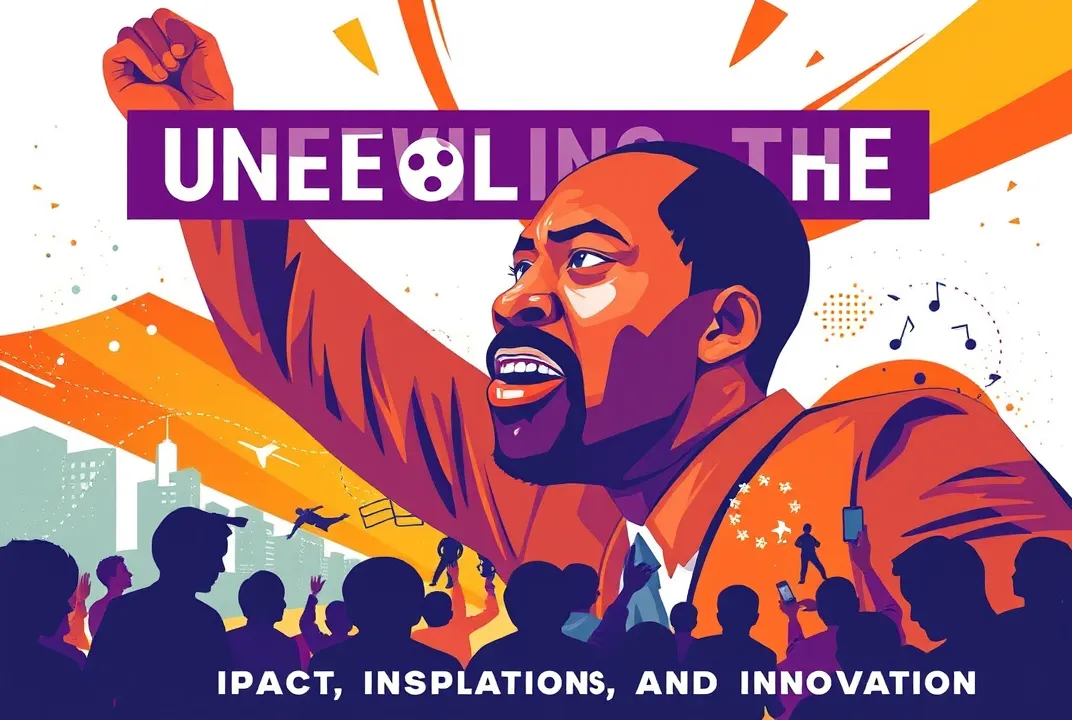The Rise of Gonzaga Basketball
In the world of college basketball, few programs have redefined what it means to be a contender quite like Gonzaga University. Once merely an underdog, this small Jesuit school in Spokane, Washington, has transformed into a powerhouse, capturing the imagination of fans and reshaping the landscape of NCAA basketball. Their journey, laden with challenges and triumphs, is nothing short of inspirational, establishing Gonzaga as a pivotal player in the future of college hoops.
A Historical Perspective
The Gonzaga Bulldogs first made headlines in the 1999 NCAA Tournament, reaching the Elite Eight. However, it wasn’t until the early 2000s that they began to cement their reputation as a formidable program. With the guidance of head coach Mark Few, who took over the program in 1999, Gonzaga began to attract talent that was previously unattainable for a mid-major school.
Coach Few’s ability to recruit players, such as Adam Morrison and Kevin Pangos, coupled with a style of play that emphasized teamwork and skill, laid the groundwork for the program’s success. This shift not only elevated Gonzaga but also challenged the traditional perception of what a basketball powerhouse could be.
A Game-Changing Philosophy
Gonzaga’s approach to recruiting has played a crucial role in its ascendance. Unlike many major programs that focus solely on the “one-and-done” players—those who enter college with the intention of declaring for the NBA Draft after their freshman year—Gonzaga has built a reputation for developing players over multiple seasons. This strategy has nurtured a core of skilled athletes who are ready to compete at the highest level.
Furthermore, Few has integrated a holistic approach to player development. His emphasis on academic performance and personal growth has fostered a culture of accountability and excellence, attracting players who align with the program’s values. The result is a team that not only performs well on the court but also represents the university in a positive light.
Recent Success and National Spotlight
The Bulldogs have seen unprecedented success in the last couple of decades, with multiple trips to the NCAA Tournament’s Final Four and a national championship game appearance in 2017. Their remarkable run through the 2020-2021 season—where they finished with a perfect 31-0 record—further solidified their status as a national powerhouse. This historic run culminated in a heart-wrenching loss to Baylor in the championship game, but the journey captured the hearts of fans nationwide.
As of 2023, Gonzaga continues to dominate the West Coast Conference (WCC) and remains a top contender in the NCAA landscape. The Bulldogs have consistently ranked within the top ten nationally, and their style of play is often cited as a blueprint for success for other programs attempting to break into the upper echelon of college basketball.
The Impact of Gonzaga on College Basketball
Gonzaga’s rise has had a ripple effect on college basketball, particularly for mid-major programs. They have proven that with the right system, commitment, and resources, a smaller program can compete with traditional powerhouses such as Duke, Kentucky, and North Carolina. This has inspired other teams to adopt similar philosophies, emphasizing development, teamwork, and character over mere talent acquisition.
Moreover, Gonzaga’s increasing visibility has attracted attention to the WCC, raising the profile of the conference and its member institutions. This shift has resulted in enhanced recruiting opportunities for all teams within the conference, potentially leading to greater competitive balance in college basketball.
The Future of Gonzaga Basketball
As we look toward the future, it is essential to consider how Gonzaga will continue to shape the landscape of college hoops. The Bulldogs have shown no signs of slowing down. Their recruiting classes remain impressive, with players like Julian Strawther and Hunter Sallis showcasing immense talent and potential.
With the new NCAA eligibility rules allowing players to profit from their name, image, and likeness (NIL), Gonzaga’s ability to maintain its competitive edge will be tested. However, the program’s established reputation for player development and success may give them an advantage in attracting top talent who seek not just immediate fame but long-term growth in their basketball careers.
Conclusion: A Legacy of Excellence
Gonzaga basketball is not merely a story of success; it is a narrative of transformation, resilience, and innovation. As they continue to break barriers and challenge the norms of college basketball, the Bulldogs remain a beacon of hope for aspiring athletes and programs alike.
The future of college hoops is bright, and Gonzaga is undoubtedly one of its most influential architects. Their journey serves as a reminder that with determination, vision, and a commitment to excellence, even the smallest program can change the game and inspire generations to come. As fans, we look forward to witnessing the next chapter in Gonzaga’s stor


 Top Kansas Basketball Moments: A Legacy of Greatness
Top Kansas Basketball Moments: A Legacy of Greatness
 Kentucky Basketball: Legacy, Rivalries, and Future Stars
Kentucky Basketball: Legacy, Rivalries, and Future Stars
 Unveiling the Legacy of Mike Brown: Impact, Inspiration, and Innovation
Unveiling the Legacy of Mike Brown: Impact, Inspiration, and Innovation
 Rise of the Spartans: Michigan State Basketball's Journey to Dominance in 2023
Rise of the Spartans: Michigan State Basketball's Journey to Dominance in 2023
 Dunking through History: The Evolution of Oregon Basketball and Its Rising Stars
Dunking through History: The Evolution of Oregon Basketball and Its Rising Stars